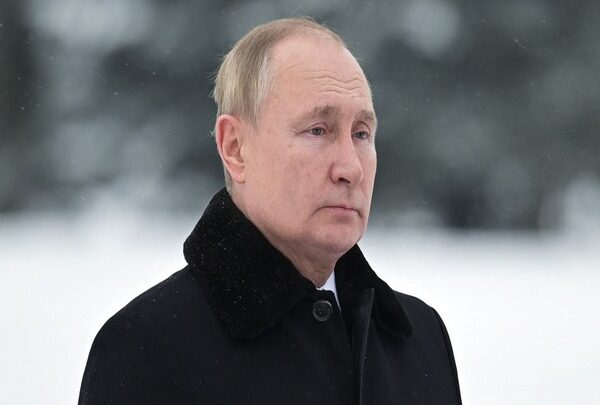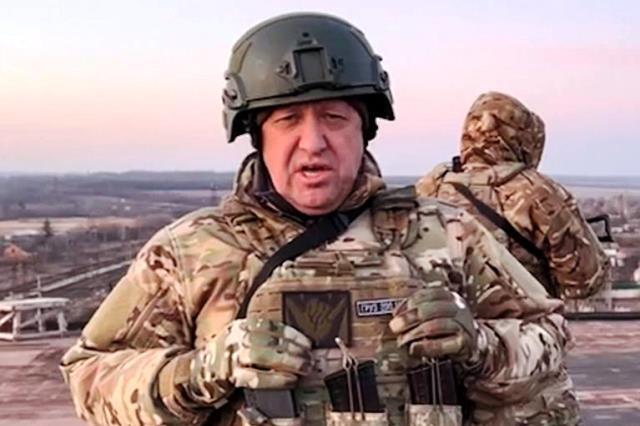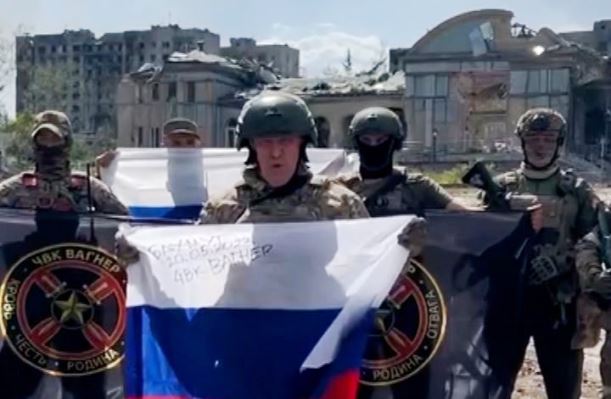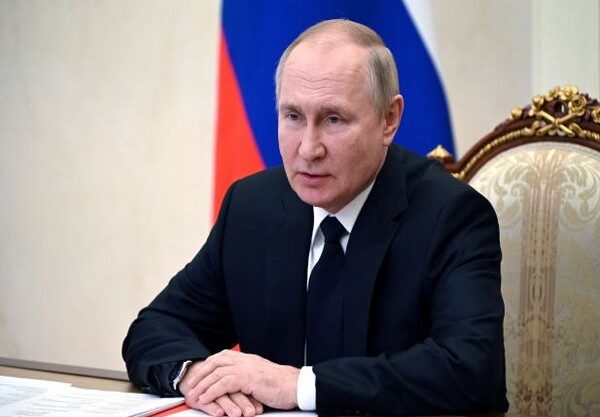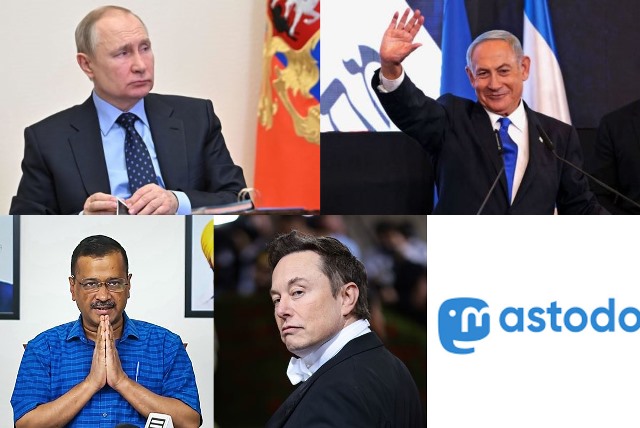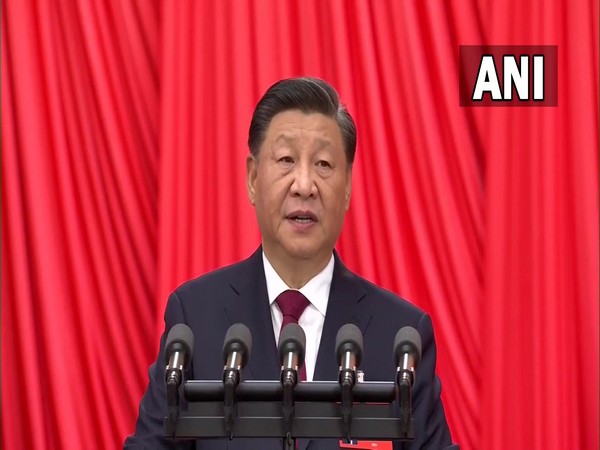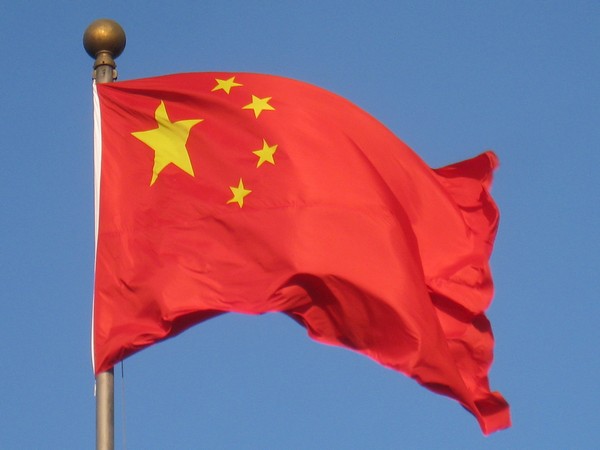Vladimir Putin, Russia’s President who has been in power since 1999 (for eight of those 24 years he was formally prime minister but, in effect, still called the shots), just announced that he will “contest” Russia’s presidential elections scheduled for March. The word contest is in quotes because it is almost a certainty that he will be elected President for a fifth term. Putin has no rivals or challengers of any consequence and in 2020 he amended the Russian Constitution, resetting the number of terms he has served, allowing him to contest in 2024 and 2036.
Putin is 71 now and the modification of the Constitutions effectively means that in 2036 after his next five-year term ends, he can contest again at 84 and, if he wins again, be President till he is 90. In Putin’s Russia, democracy exists only in theory.
Russia is officially a federal, democratic republic with a constitution that guarantees the rights and freedoms of its citizens. However, in reality it is an authoritarian or hybrid regime that concentrates power in the hands of Putin and suppresses dissent and opposition. According to the Economist Intelligence Unit, Russia is ranked 124th out of 167 countries in the Democracy Index, which measures the state of democracy in the world. Freedom House, a non-governmental organisation that monitors human rights and democracy, gives Russia a score of 20 out of 100 in its Freedom in the World report.
Russia has no competitive and independent political system, and the ruling party, United Russia, which backs Putin, dominates the parliament and the regional governments, and the opposition parties are either co-opted, marginalised, or repressed by the authorities.
Putin’s continuance as President obviously has big implications for geopolitics. Russia is engaged in a continuing war with Ukraine since it attacked the latter in February 2022, and the latest situation shows that it might be at an advantage because Ukraine’s counter-offensive actions have not been very successful.
Western support for Ukraine is also flagging due to the prolonged and costly conflict with Russia, the post-pandemic economic challenges, and the upcoming elections in some key countries, notably the US presidential elections next year. The total amount of aid provided or promised by the West to Ukraine since the war began is estimated to already be over $128 billion.
The West is also focused now on what happens in Israel’s conflict with the Hamas in the Middle East and this may have reprioritised the concern about the situation in Ukraine. If the West or NATO support for Ukraine wanes further, many believe that it could strengthen Putin’s ambitions to target other regions in the Baltic areas. Countries such as Estonia, Latvia and Lithuania, which are worried that they could be the next target of Russia’s aggression, as they have a large ethnic Russian population and a history of Soviet occupation. They are also members of NATO and the EU, which could put them in conflict with Russia’s interest.
Some other former Soviet bloc countries that could be vulnerable to Russian offensives are Belarus, Georgia and Moldova, as they have also experienced political unrest and pro-democracy movements in recent years, and have faced pressure from Russia to join its sphere of influence. However, unlike the Baltic states, they are not part of NATO or the EU, which could limit their options for defense and support.
Even Finland is aware of a potential threat from Russia. Finland has a 1340-km border with Russia and the two countries have a long and complex history of interactions, including wars and annexations to cooperation, trade partnerships, and neutrality. Finland has maintained a careful balance between the two countries, avoiding direct confrontation and seeking dialogue and cooperation. However, after Finland became a member of NATO this year and its support for Ukraine, its relations with Russia have strained.
Russia now views Finland as a hostile country. In fact, according to Finnish intelligence, Russia has already unleashed a form of hybrid war against Finland. Bypassing conventional confrontation, it has adopted other means of provoking instability: recently, Finland closed all border crossings with Russia after the latter was believed to be facilitating the entry of illegal immigrants from third countries in Africa and the Middle East into Finland; it has used cyberattacks to destabilise key Finnish official websites; and could cause disturbances in crude oil and gas pipelines that supply fuel to Finland.
Putin’s hand is also strengthened by the firmly entrenched regime of China’s supreme leader, President Xi Jingping. In March this year Xi was awarded a third five-year term as President and he is on track, like Putin, for a lifelong tenure as his country’s ruler. Xi, 70, has no rivals or challengers, and has huge ambitions of creating a new world order led by China to challenge the West’s dominance in geopolitics. He has vowed support to Putin and Russia, which he counts as China’s biggest ally.
China, Russia, and Iran could emerge as a new power triangle that is opposed to certain US foreign policies and seeks to create a new order in the world1. These three countries have recently conducted joint naval drills in the Indian Ocean, signed a 25-year cooperation deal, and expressed support for each other on various regional and global issues.
Iran, along with North Korea, Syria, and Belarus support Russia’s invasion of Ukraine and China, although it remains ambivalent on the issue, views Russia as a key partner and counterbalance to the West.
A continuance of Putin’s rule in Russia will, therefore, mean that the country will remain under the influence of its powerful intelligence and security services and those will continue to shape Russia’s policies, both domestically and internationally.
It will also mean that Russia will continue to challenge the West on various fronts with cyberattacks, military interventions such as its attack and invasion of Ukraine, and human right violations. Unless Putin is forced to step down or a popular uprising against him succeeds, Russia under his leadership will continue to be a big threat in geopolitics.
For more details visit us: https://lokmarg.com/
